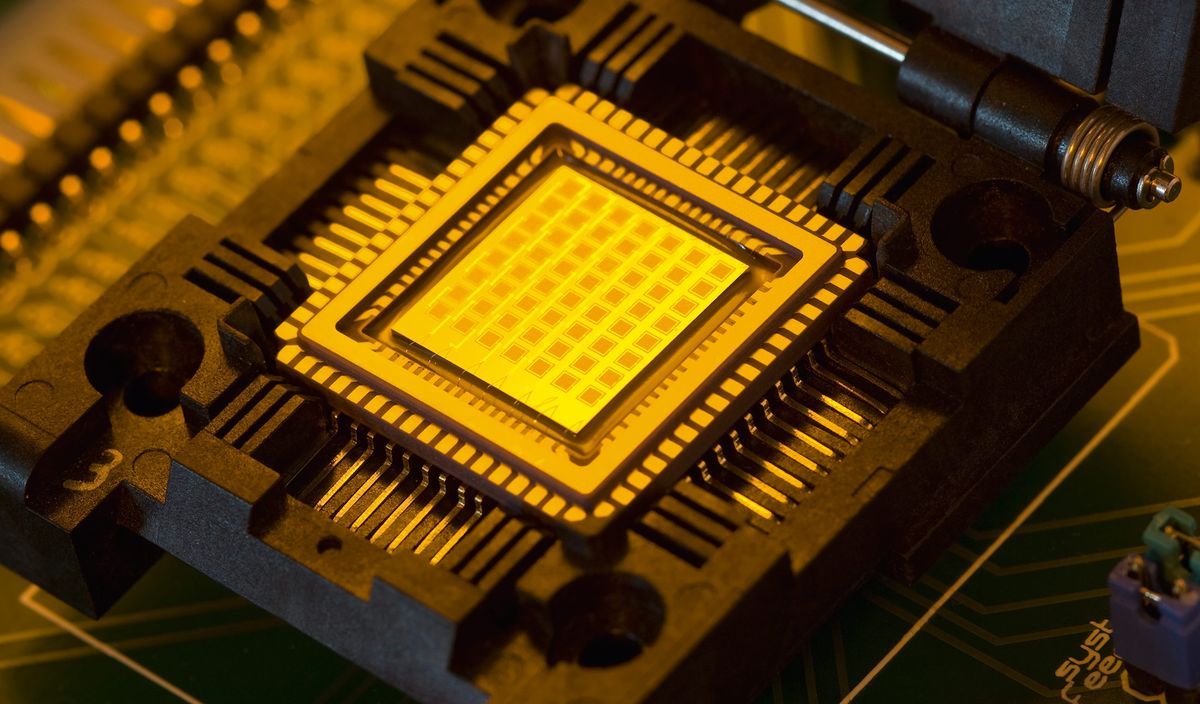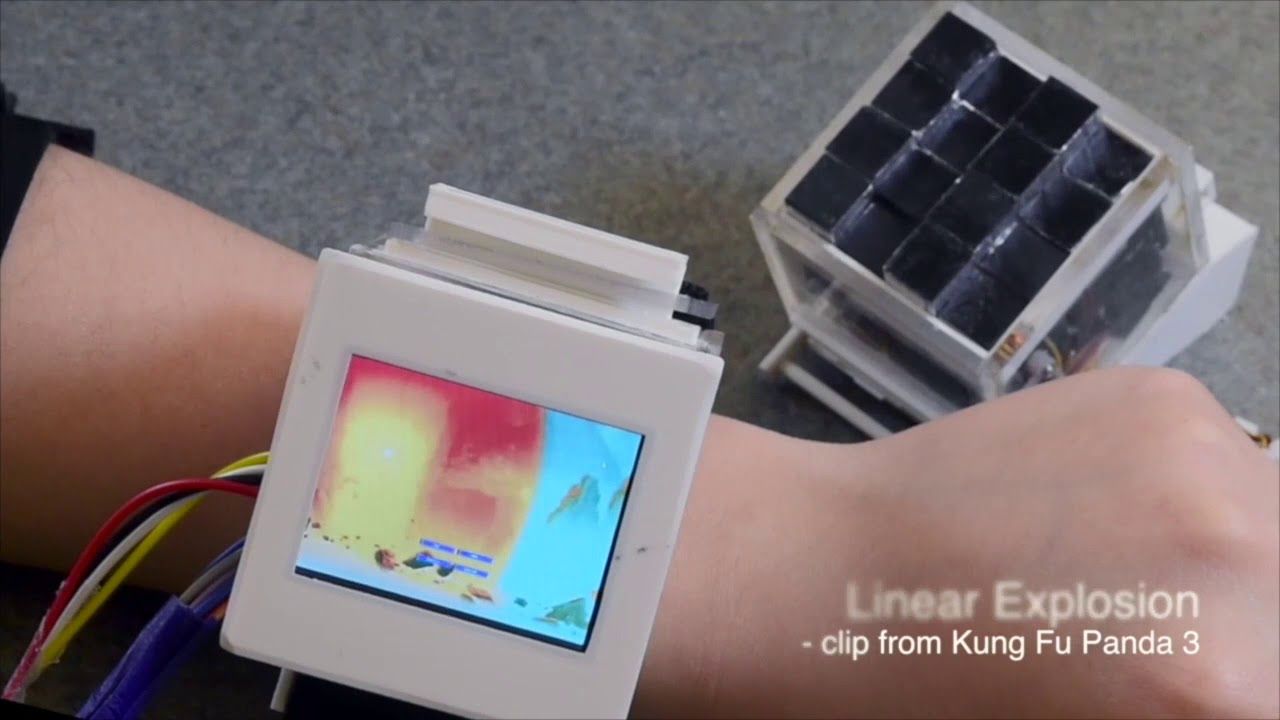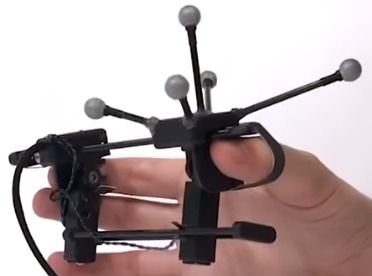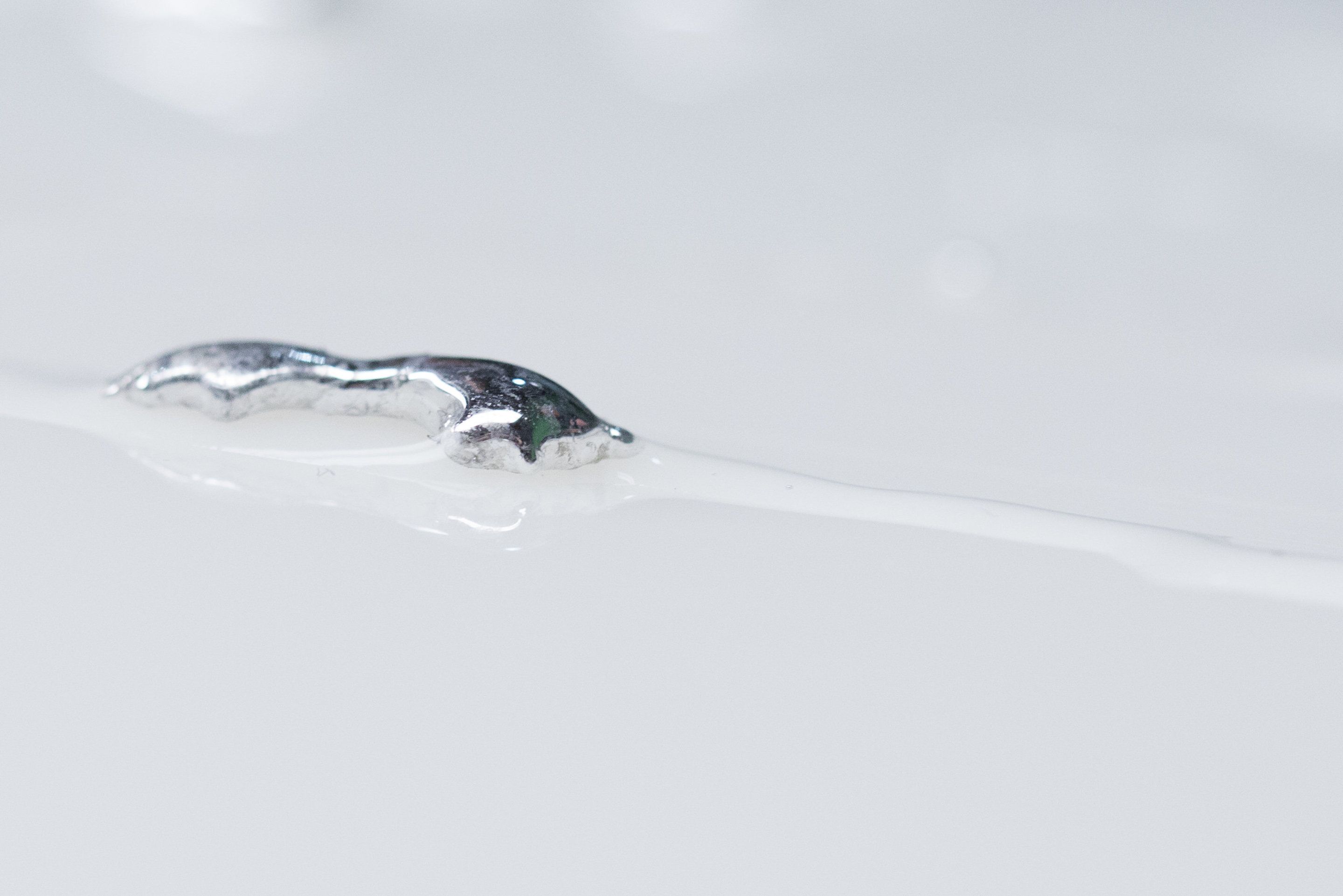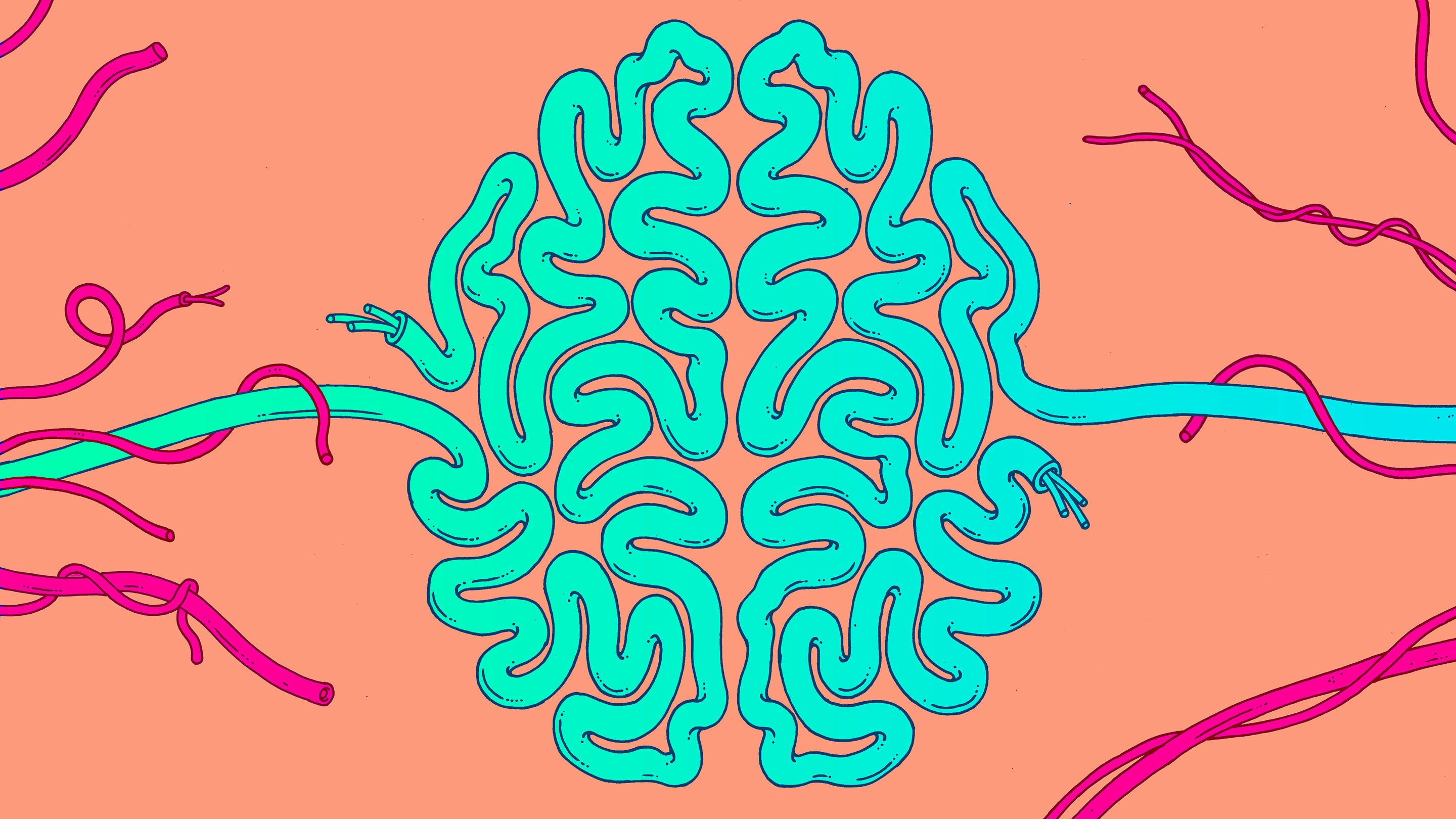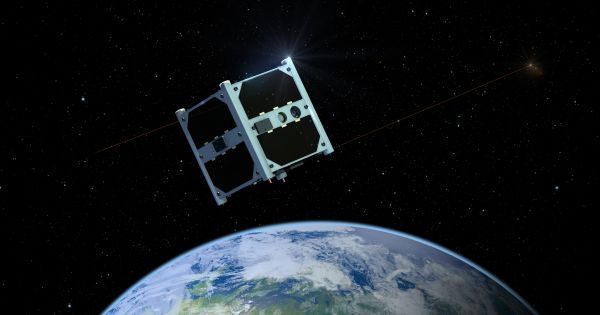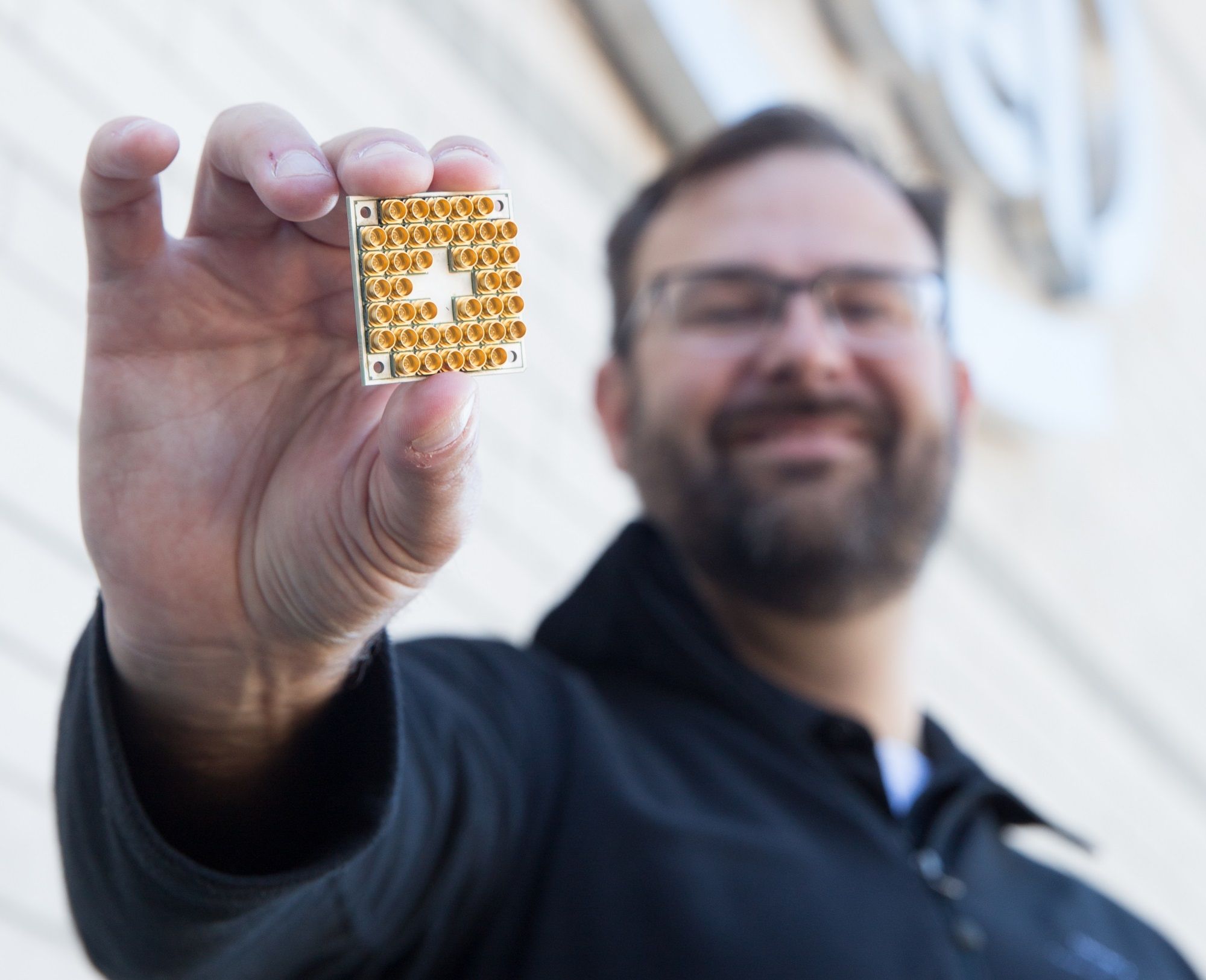A local ABC story on #transhumanism:
NORFOLK, Va. (WVEC) — From the minute we wake up until we go to sleep, we’re constantly surrounded by technology.
Computers, cell phones, iPads, they’ve become ingrained in our everyday lives.
“There are all sorts of technological advances that conceivable could make the world much better for human beings,” said Mark Waser, an artificial intelligence expert.
He believes with the help of technology, life can be even better for all humans.


